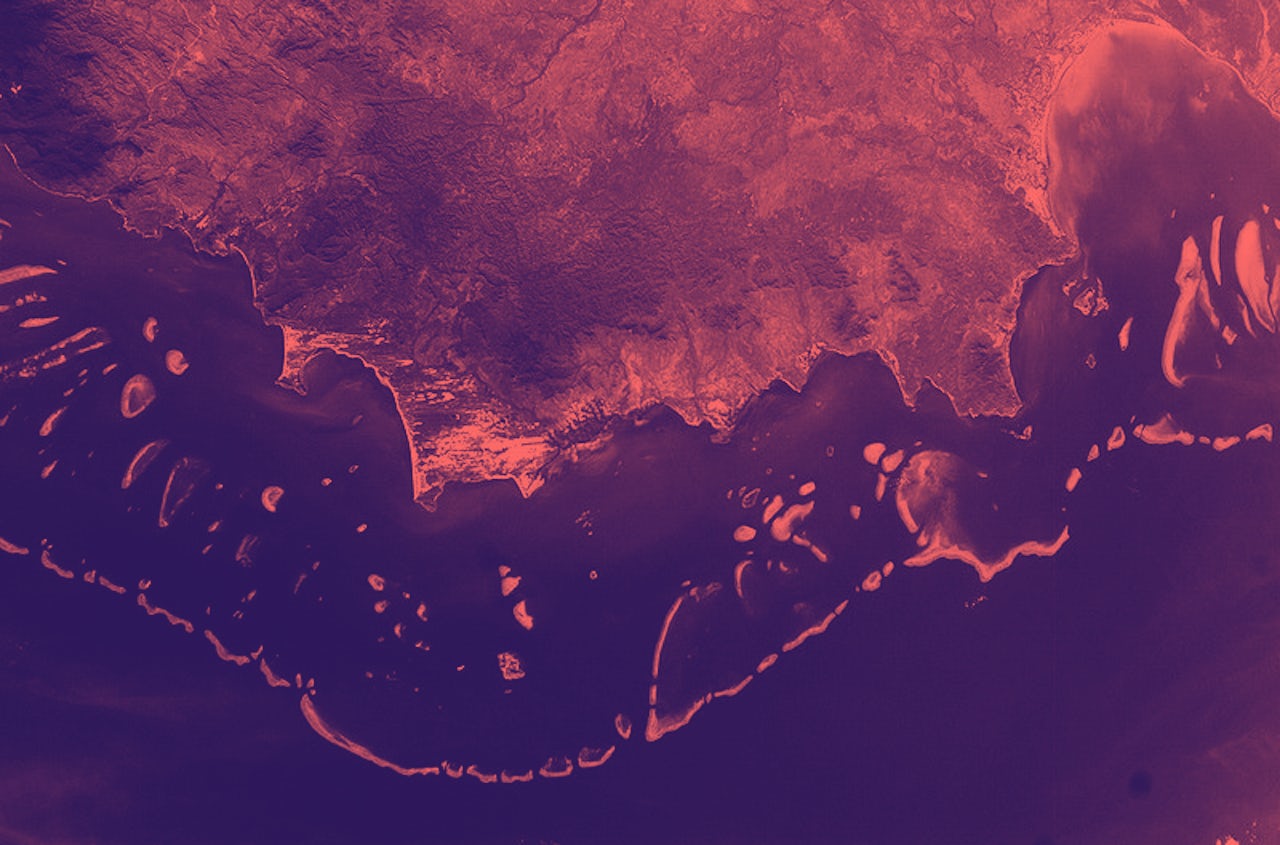The world's largest coral reef ecosystem is dead and gone, a scientist wrote today in a mock obituary for Outside magazine.
He's referring to the Great Barrier Reef off the coast of Australia, which has been suffering from pollution and climate change.
How do you know when such a complex system is dead? The reef is made up of 2,900 individual reefs and supports 1,625 species of fish, 3,000 species of mollusk, 450 species of coral, 220 species of birds, and 30 species of whales and dolphins. Most of these animals are still alive. So is most of the coral.
Some coral scientists denounced the piece, saying there is still hope. But it really does seem like the reef's days are numbered.
Twenty-two percent of the coral in the reef is dead. The reef is not repairing itself fast enough to ever recover fully. At this point, nothing can stop the warming and acidifying of waters that are killing the reef, said Charlie Veron, chief scientist for the Australian Institute of Marine Science, in the "obituary."
It might be more accurate to say, as one professor who visited the reef told ABC, that the system is "on life support."
